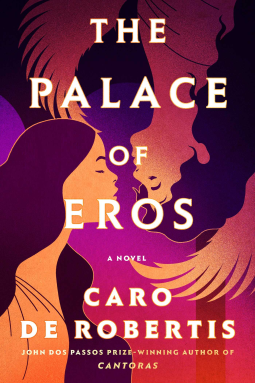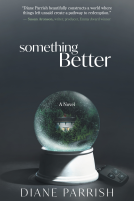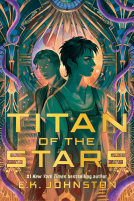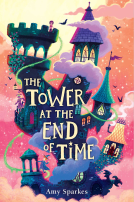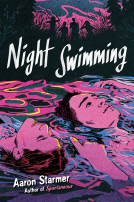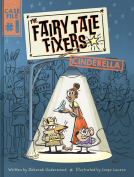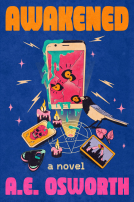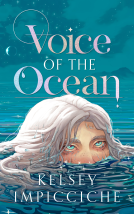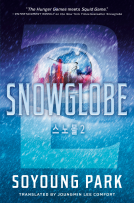The Palace of Eros
A Novel
by Caro De Robertis
You must sign in to see if this title is available for request. Sign In or Register Now
Send NetGalley books directly to your Kindle or Kindle app
1
To read on a Kindle or Kindle app, please add kindle@netgalley.com as an approved email address to receive files in your Amazon account. Click here for step-by-step instructions.
2
Also find your Kindle email address within your Amazon account, and enter it here.
Pub Date Aug 13 2024 | Archive Date Not set
Atria Books | Atria/Primero Sueno Press
Description
“It’s a literary gift to see gender expansiveness depicted in an ancient myth with such grace and ease.” —Electric Literature
Fans of Circe and Black Sun, “prepare to be astonished” (R.O. Kwon, author of The Incendiaries) with this bold and subversive feminist and queer retelling of the Greek myth of Psyche and Eros.
Young, headstrong Psyche has captured the eyes of every suitor in town with her tempestuous beauty, which has made her irresistible as a woman yet undesirable as a wife. Secretly, she longs for a life away from the expectations of men. When her father realizes that the future of his family and town will be forever cursed unless he appeases an enraged Aphrodite, he follows the orders of the Oracle, tying Psyche to a rock to be ravaged by a monstrous husband. And yet a monster never arrives.
When Eros, nonbinary deity of desire, sees Psyche, she cannot fulfill her promise to her mother Aphrodite to destroy the mortal young woman. Instead, Eros devises a plan to sweep Psyche away to a palace, hidden from the prying eyes of the gods and outside world. There, Eros and Psyche fall in love. Each night, Eros visits Psyche under the cover of impenetrable darkness, where they both experience untold passion and love. But each morning, Eros flies away before light comes to break the spell of the palace that keeps them safe.
Before long, Psyche’s nights spent in pleasure turn to days filled with doubts, as she grapples with the cost of secrecy and the complexities of freedom and desire. Restless and spurred by her sisters to reveal Eros’s true nature, she breaks her trust and forces a reckoning that tests them both—and transforms the very heavens in this “brilliant and luminous” (Madeline Miller, New York Times bestselling author) epic.
Fans of Circe and Black Sun, “prepare to be astonished” (R.O. Kwon, author of The Incendiaries) with this bold and subversive feminist and queer retelling of the Greek myth of Psyche and Eros.
Young, headstrong Psyche has captured the eyes of every suitor in town with her tempestuous beauty, which has made her irresistible as a woman yet undesirable as a wife. Secretly, she longs for a life away from the expectations of men. When her father realizes that the future of his family and town will be forever cursed unless he appeases an enraged Aphrodite, he follows the orders of the Oracle, tying Psyche to a rock to be ravaged by a monstrous husband. And yet a monster never arrives.
When Eros, nonbinary deity of desire, sees Psyche, she cannot fulfill her promise to her mother Aphrodite to destroy the mortal young woman. Instead, Eros devises a plan to sweep Psyche away to a palace, hidden from the prying eyes of the gods and outside world. There, Eros and Psyche fall in love. Each night, Eros visits Psyche under the cover of impenetrable darkness, where they both experience untold passion and love. But each morning, Eros flies away before light comes to break the spell of the palace that keeps them safe.
Before long, Psyche’s nights spent in pleasure turn to days filled with doubts, as she grapples with the cost of secrecy and the complexities of freedom and desire. Restless and spurred by her sisters to reveal Eros’s true nature, she breaks her trust and forces a reckoning that tests them both—and transforms the very heavens in this “brilliant and luminous” (Madeline Miller, New York Times bestselling author) epic.
Available Editions
| EDITION | Other Format |
| ISBN | 9781668035238 |
| PRICE | $28.99 (USD) |
| PAGES | 320 |
Available on NetGalley
NetGalley Shelf App (EPUB)
Send to Kindle (EPUB)
Download (EPUB)
